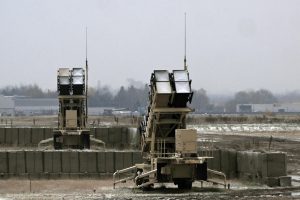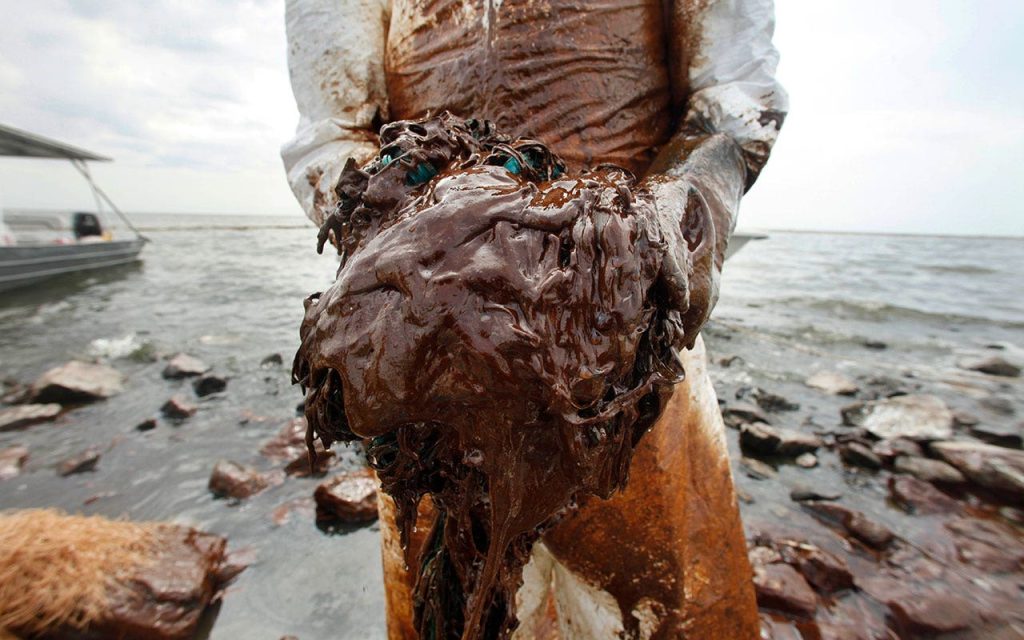Several years after the explosion of BP’s Deepwater Horizon drilling rig in the Gulf of Mexico, workers involved in the cleanup were exposed to crude oil and chemicals, leading to serious health concerns. Despite billions spent on restitution, only a fraction of the funds were allocated to workers who fell ill, with most receiving minimal compensation. The settlement agreement aimed to compensate workers fairly for illnesses related to the spill caused by chemical exposure, but the effort fell short, leaving many workers stranded without adequate payment.
The settlement process, intended to make it easier for workers to collect compensation for their illnesses, was fraught with challenges. Workers submitting claims faced extensive rejection rates, with many receiving nothing despite evidence of lasting health effects. The settlement required workers to provide proof of medical issues, a process that was difficult for many who lacked access to healthcare services. Many workers had to sue to receive compensation and faced significant roadblocks in proving the link between their illnesses and exposure to oil and chemicals.
The changes in wording of the settlement language had a significant impact on the ability of workers to receive compensation for long-term illnesses. The deadline imposed by the settlement created difficulties for many workers as they were forced to file individual federal lawsuits to seek compensation for diseases that manifested after a certain date. The increased burden of proof required in these lawsuits, particularly in establishing a direct link between chemical exposure and illnesses, made it challenging for workers to receive compensation.
Several law firms representing workers in lawsuits against BP encountered obstacles in proving the connection between chemical exposure and illnesses. Expert witnesses faced scrutiny from BP’s attorneys, and judges often sided with the company in dismissing cases. The high burden of proof required by most judges made it extremely difficult for workers to establish a causal link between oil spill exposure and their illnesses, leading to the dismissal of many cases. The inability to find credible expert witnesses without conflicts of interest further complicated the legal process.
Despite the challenges faced by workers seeking compensation for illnesses related to the BP oil spill cleanup, there are ongoing efforts to appeal court decisions and seek justice for affected individuals. The Downs Law Group, among other firms, is appealing decisions in the hopes of establishing a lower burden of proof for toxic exposure cases. The outcome of these appeals could have broader implications beyond the BP oil spill, potentially impacting the ability of individuals exposed to chemicals to seek justice in the future. Overall, the struggle for justice continues for workers who became ill as a result of their involvement in the largest offshore oil spill in U.S. history.















